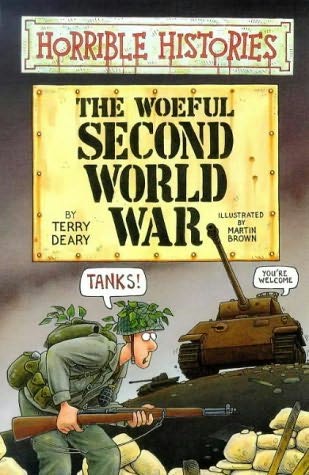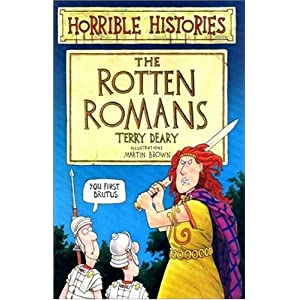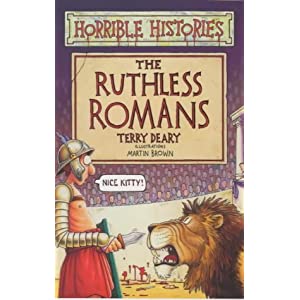A few members wondered in the You Know What Really Grinds My Gears topic if we Germans learn about Hitler and the World War II. I didn’t want to get off-topic there and so I’m creating this one to answer the question and because I think that it would be neat to talk about history. Maybe we learn something new because something hasn’t been part of the curriculum.
Without further ado, here’s what we learned about WWII, straight from my History folder from the tenth grade:
Hitler’s way into the Second World War
Breach of the Treaty of Versailles: 1933: Hitler’s accession to power and withdrawal from the League of Nations
1935: general conscription
1936: occupancy of the Rhineland
1937/38: annexation of Austria, Japan becomes an ally
1938: Munich Agreement
1939: occupancy of Czechia
Molotov-Ribbentrop Pact
Hitlers’s ideology: lebensraum of the Germans is in the east
Slavs = inferior
socialism/communism = major enemy
Soviet-Russia/Stalin: structure of the socialism/communism
no allies
Hitler and Stalin were enemies
August 23rd, 1939: non-agression pact with additional protocol:
If Poland should be attacked by Germans, the Russian Troops march in until they reach the river Vistula and occupy Poland on their part. Thereby, Poland has been divided under Germany and Soviet-Russia’s leadership.
Hitler wanted to take over Poland by force but he also wanted to avoid to get between two fronts, the English & French as well as the Soviet Union. Therefore, Hitler and Stalin signed the German-Soviet Nonaggression Pact. In the following week, Germans marched in to Poland. Hitler also wanted to make a conquest of the Soviet Union, which Stalin knew. That’s why he didn’t do anything until Hitler has marched in.
World War II
June 21st, 1940: Hitler dictated ceasefire condition to France
After he defeated France, Hitler let the railroad car, in which Germany had to sign the ceasefire agreement after the defeat in WWI, to re-establish. Herein the defeat of France has been sealed and thus the “Disgrace from Versailles” has been amended.
Further Progression of The War
On June 22nd, 1941 began the Operation “Barbarossa”. German Troops marched into the Soviet Union. Several resistance groups had warned Stalin but he didn’t believe them. Therefore he and the Red Army, which was in process of updating, were surprised when the German Troops attacked. The troops marched farther and farther into the Soviet Union until they reached Moscow at the end of 1941. But they forgot to think about the Russian winter and they had a lack of supplies and the Red Army, which has finished the aforementioned update, put up resistance.
In the following year, in winter 1942/43 General Paulus’s army occupied Stalingrad. But they were surrounded and the General surrendered. 93000 of 250000 men had been imprisoned (only 6000 survived). Hitler banned General Paulus and this battle became the symbol of Germany’s defeat.
On December, 1941, the USA came into war after the Japanese bombarded Pearl Harbor.
In January 1942, Germany had 29 enemies. The German-Italian Troops surrendered ton the British and Americans in Northern Africa in May 1943. On June 6th, 1944 the Western Allies landed in the Normandy and liberated France. The Soviets marched to the West and Berlin was the last fortress of the Germans. On May 7th/9th, 1945 the war ended after Hitler married Eva Braun and committed suicide.
The German Resistance
Communism/Social Democrats/Unions
Tools: pamphlets for enlightenment
espionage
sabotage in armament industries
White Rose
Geschwister Scholl at the university in Munich
Tools: pamphlets for enlightenment
Result: imprisonment/execution
Middle Class/Nobles/Officers
“Kreisau Circle”
Tool: discussions
Result: non
July 20th, 1944
C. Stauffenberg
Tools: assassination and coup attempt
Results: failure, imprisonment, execution
Occupation Policy in WWII
Displacement
Especially the Poles from Zawiercie had been displaced – Germans settled in
Enslavement
Civilians and prisoners of war became workers in the German Reich, for example in the armament industries or in the agriculture
Annihilation
Especially the Jews and the gypsies
Everyday Life In The War
Economy did not collapse during the war because almost all of Europe had been economically pillaged (for example oil in Rumania, provisions from Norway, clothes from France). Towards the population, a war-weariness had been avoided through the means of movies.
That’s everything I could find in my folders. There was more in my History book but I had to give it back after I graduated from that school. I don’t know how it is in other countries but here we have the choice whether we buy the books or borrow them from school and, well, it was the latter case with my Histoy book.


